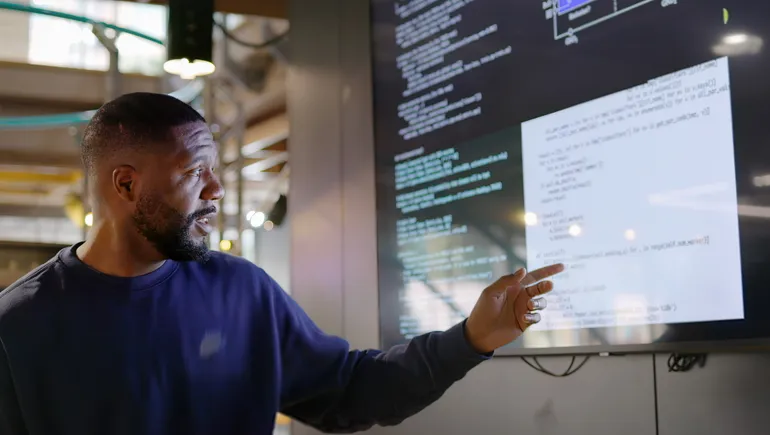Dive Brief:
- The start of 2025 signals a renewed challenge for HR pros and hiring managers: More people are looking for a job, HR departments are looking to hire more, but the qualifications job seekers say they have aren’t matching company needs, according to LinkedIn’s “Work Change Report,” released Jan. 15.
- The challenge goes both ways, LinkedIn said: Nearly 40% of job seekers are applying to more jobs than ever but hearing back less often. Meanwhile, almost three-quarters (73%) of HR professionals report that less than half of the applications they receive meet all their listed criteria, the platform found.
- “The process is more challenging today because we are seeing a ‘skills mismatch’ between professionals and organizations – and that’s because skills and jobs are changing so quickly,” Erin Scruggs, LinkedIn’s head of global talent acquisition, told HR Dive.
Dive Insight:
The good news is that “HR leaders are in a position to help steer their organizations in this era of change by leading the charge on upskilling and reskilling,” Scruggs said.
Scruggs’s recommendation: “Many applicants may not meet every single job requirement but can still be an excellent fit for a role, especially if given the opportunity to build their skills once they are in the role,” she said.
Aside from external hiring, “HR leaders can also help their companies build skills from within,” Scruggs added.
This may address another HR problem: Although hiring managers are receiving a “flood of applications,” they’re struggling to keep top performers, according to a September report from Workday.
Employees want to grow in their roles — a key factor motivating them to stay, Workday found. Internal mobility presents a “win-win” situation, as it boosts employee satisfaction and helps companies retain valuable skills and knowledge, a Workday executive stated.
LinkedIn’s research showed that 77% of HR professionals say their organization is prioritizing upskilling initiatives this year in areas such as AI, sustainability and soft skills, Scruggs pointed out.
Global hiring for AI talent has surged more than 300% over the last eight years, with AI and sustainability jobs — such as AI engineers, environmental officers, energy managers and AI researchers — representing the biggest increase in demand, according to LinkedIn.
The proliferation of AI in the workplace requires new skills for different roles, the leader of The Conference Board’s U.S. Human Capital Center stated in a January report. Organizations that don’t prioritize upskilling and reskilling their workers could be caught in a perilous position, a Conference Board exec warned.
If organizations do face AI upskilling obstacles, it might be because of speed. Nearly half of the 1,200 employees surveyed by TalentLMS said they believe AI is advancing faster than their company’s ability to train them, the company’s Jan. 14 report found.






Leave a Reply